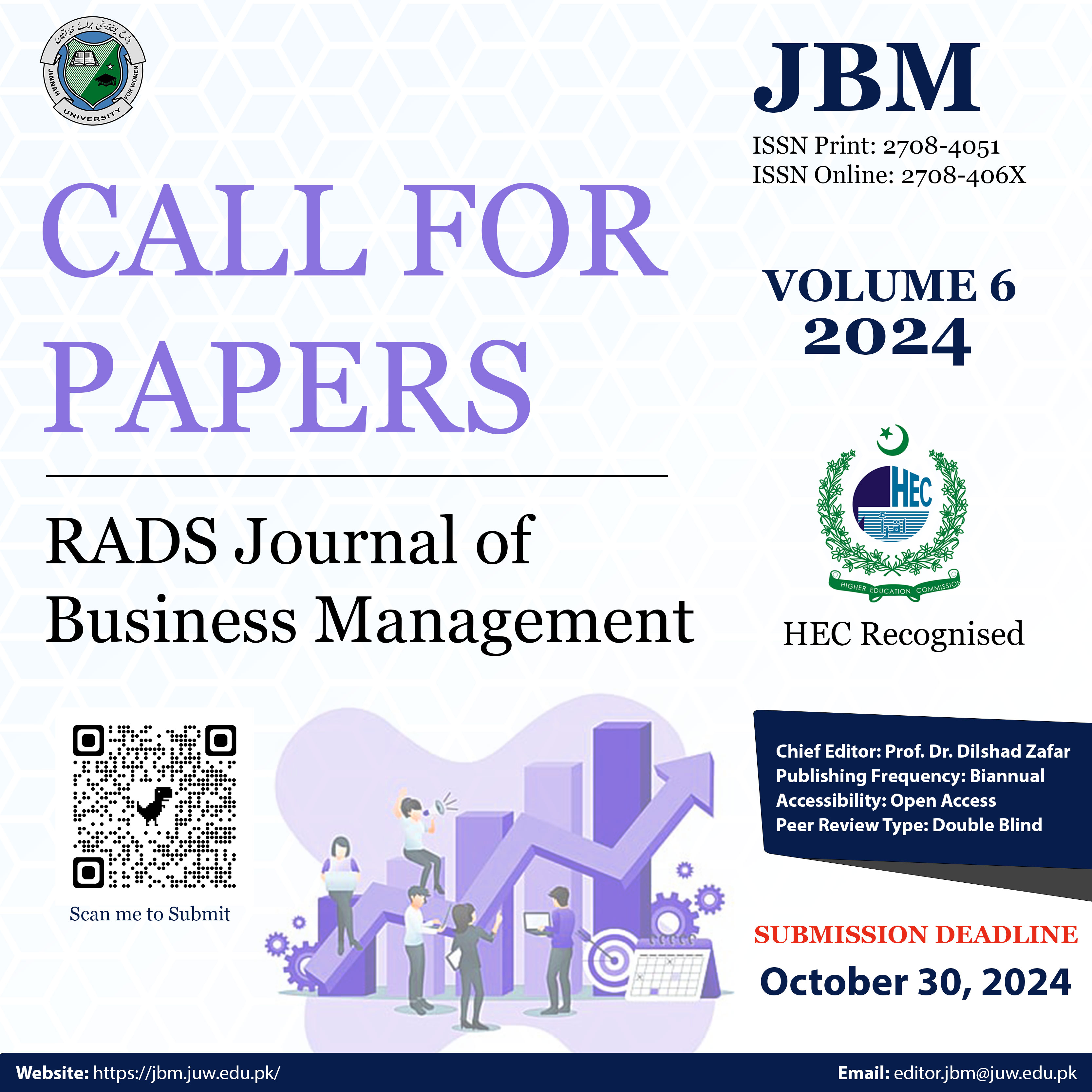The Reliance of External Auditors on Internal Auditors
Abstract
Objective: The objective of this study is to identify the approach of external auditors as to how internal auditors have been assessed and judged to make use of the work. Using this thesis, internal auditors can shape their work style per external auditors' criteria. By using and implementing this thesis work, organizations can save time, financial resources, and human resources. This study is useful to organizations because external auditors can do work more productive than duplicate the work done by internal auditors. This research analyzed three technical dimensions of internal auditors' objectivity, competence, and efficiency to assess their effect on the judgment of external auditors.
Design/Methodology/Approach: The research uses multiple regression techniques to predict the result. The data was collected in Karachi from 104 external auditors and students who while working were also studying auditing in the final stage. Data collected using the 5 points Likert scale questionnaire. Information gathered from related articles also presented in the literature review. Findings - Empirical evidence shows that the assessment of external auditors has a substantial impact on work done and objectivity, though integrity does not have.
Implications: There needs to be an appreciation of the purpose of the disparity between internal and external auditors. The internal auditors should meet the requirements and design their work accordingly to minimize the organizations' and audit firms' time, financial, and human resources. This article discusses several approaches to reduce the difference between internal and external auditors' work.
The author retains the copyright and grants the right of first publication to the journal.





